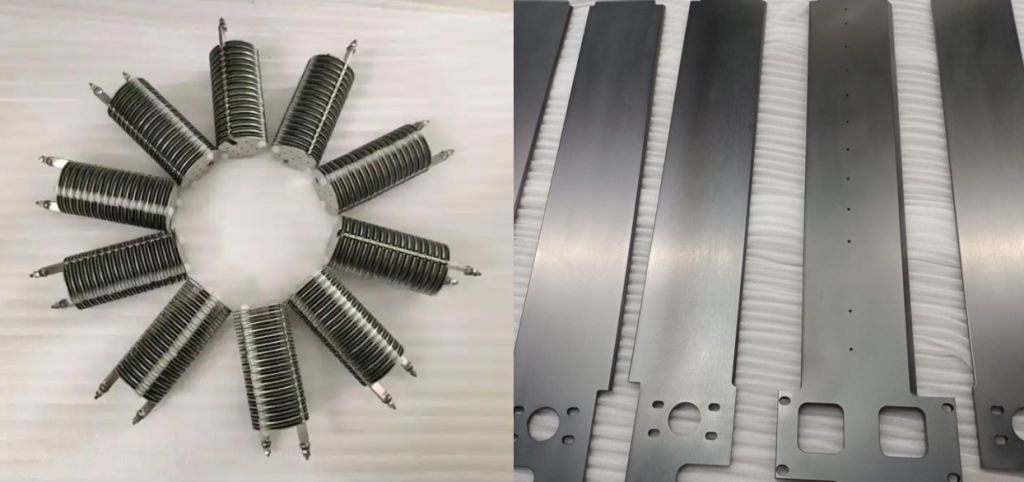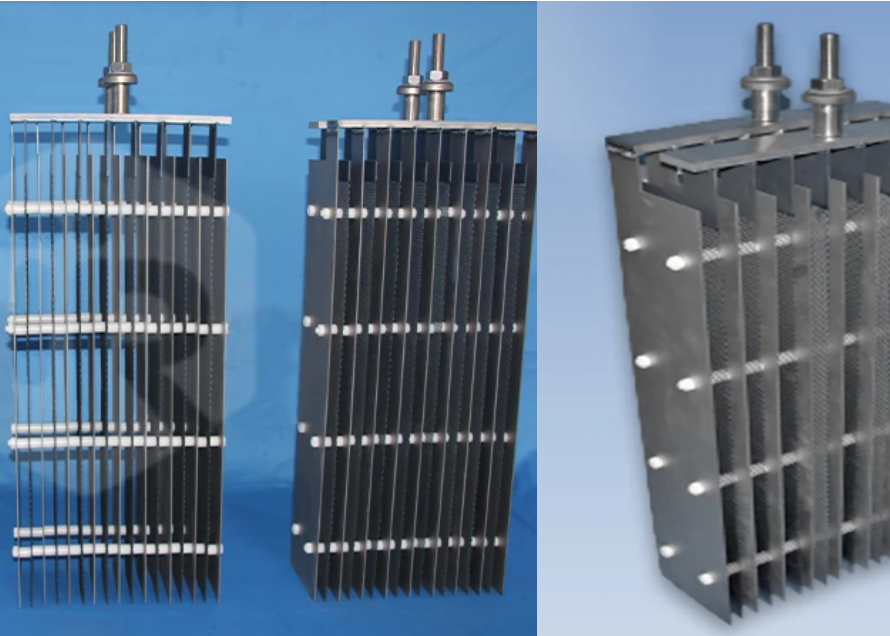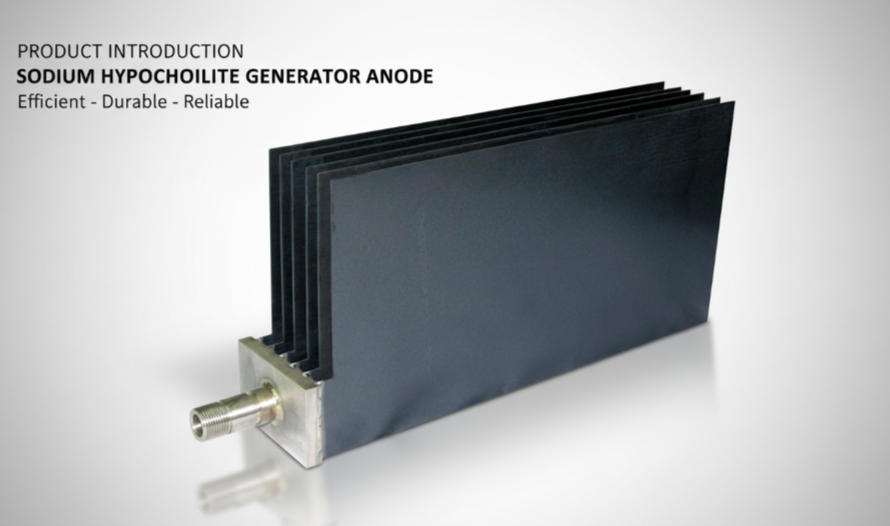Recent studies highlight the excellent electrochemical properties of Titanium Nitride (TiN) electrodes and their broad application potential in multiple high-tech fields, while emphasizing the critical role of Titanium’s (Ti) standard electrode potential in understanding its fundamental behavior. Leveraging their high charge transfer efficiency, excellent durability, and tunable electrical properties, TiN electrodes are becoming ideal choices for fields such as neural prostheses, energy storage, and biosensing.

Research shows that TiN coatings prepared using specialized processes, such as a 12 μm thick porous structure, can significantly enhance the electrode’s effective surface area, thereby achieving higher charge injection capacities without compromising material stability. Furthermore, TiN thin films prepared using the Atomic Layer Deposition (ALD) technique exhibit resistivity as low as 200 μΩ·cm, making them highly suitable for microelectronic devices. TiN films produced by sputtering and subsequently treated with Reactive Ion Etching (RIE) can achieve charge injection capacities as high as 65.2 μC/cm².
Behind these excellent properties lies a deep understanding of titanium’s fundamental electrochemical behavior. Standard electrode potential data for titanium, such as the reduction processes from TiO²⁺ to Ti³⁺ (Eº = +0.10 V) and from Ti³⁺ to metallic Ti (Eº = -1.21 V), collectively form the basis for understanding its redox characteristics. The calculated overall standard potential for the reduction of TiO²⁺ to metallic Ti (-0.8825 V) further reveals its intrinsic stability within electrochemical systems.
In practical applications, electrochemical compatibility between materials is crucial. Data indicates that in saltwater environments, titanium exhibits a relatively small potential difference (around 90 mV) compared to common materials like stainless steel. This implies that in systems containing multiple materials, using titanium or titanium nitride helps reduce the risk of galvanic corrosion, enhancing the overall reliability and lifespan of the system.
In summary, the combination of high surface area, excellent conductivity, chemical stability, and biocompatibility of Titanium Nitride electrodes, coupled with a deep understanding of its fundamental electrochemical principles (Titanium Standard Electrode Potential), are collectively driving innovative applications in high-performance neural prostheses, next-generation batteries and supercapacitors, and precision biomedical sensors. With continuous advancements in fabrication techniques and deeper control over its properties, TiN electrodes are expected to play an even more significant role in future technological developments.



